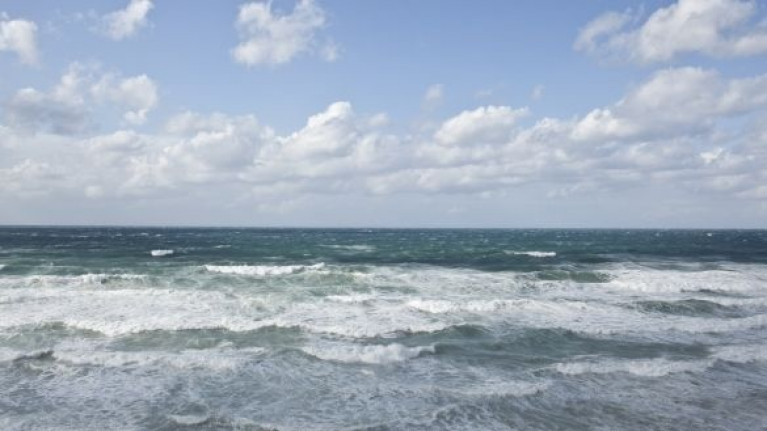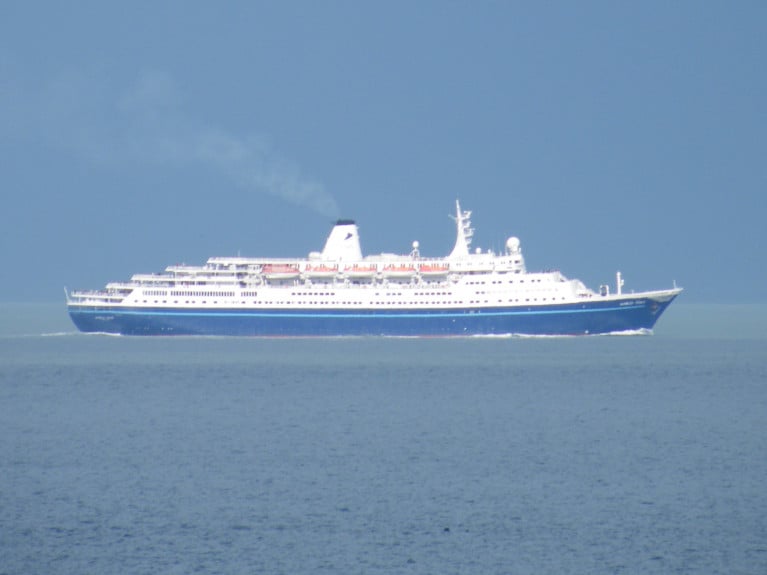Displaying items by tag: Collapse
Winters in Ireland could be as cold as Toronto in Canada if a potential collapse in the Gulf Stream happens, an Irish climate scientist has said.
New German research has found “an almost complete loss of stability over the last century” in the series of currents that researchers call the Atlantic meridional overturning circulation (AMOC).
The currents are already at their slowest point in at least 1,600 years, but the new analysis shows they may be nearing a shutdown.
The study by Dr Niklas Boers, of the Potsdam Institute for Climate Impact Research, published in the journal Nature Climate Change, indicates that AMOC may have been losing stability over the course of the last century and that the process has accelerated.
AMOC transports warm water from the tropics northward at the ocean surface and cold water southward driving the Gulf Stream.
Climate scientist Dr Brian Kelleher, of DCU said the Gulf Stream is the principal reason why Ireland has such mild winters given its relative high latitude.
Without the Gulf Stream, he said, Ireland would have winters similar to Toronto where, despite being at a lower latitude, temperatures are below zero for much of the winter.
More from the Irish Times and today's coverage on a stark UN report on climate change.
The findings of the IPCC report provide a stark backdrop to the forthcoming UN climate summit, COP26, to be held in Glasgow next November.
A UK cruise operator Cruise & Maritime Voyages (CMV) has gone into administration, with the “global pandemic of seismic proportions” being blamed for its demise.
The line, writes The Telegraph, which has six ships in its fleet and was founded in 2010, has “ceased trading with immediate effect”, according to administrators Duff & Phelps. It comes after concerns were raised last month that the company was in desperate need of additional funding – which it said it was “confident” of securing.
There are no passengers on board any of CMV’s vessels, with all operations paused since March. It has been due to resume sailing on August 25. All future bookings have been cancelled.
Customers who had trips booked can find out how to get their money back on Cruise & Maritime Voyages’ website. The company mainly sold cruise packages, which are protected by ABTA, and a smaller number of flight-inclusive packages which are protected by ATOL.
For much from the newspaper click here.
In addition Afloat adds a link to CMV website which announced its news of administration (yesterday, 20 July) and advice for clients of the operator click here
The classic cruiseship once a former Soviet era liner, was a frequent caller to Irish ports over the last decade and of recent years fleetmate Magellan which 'homeported' out of Dublin Port and Cork (Cobh) catering for the Irish marketplace.






























































